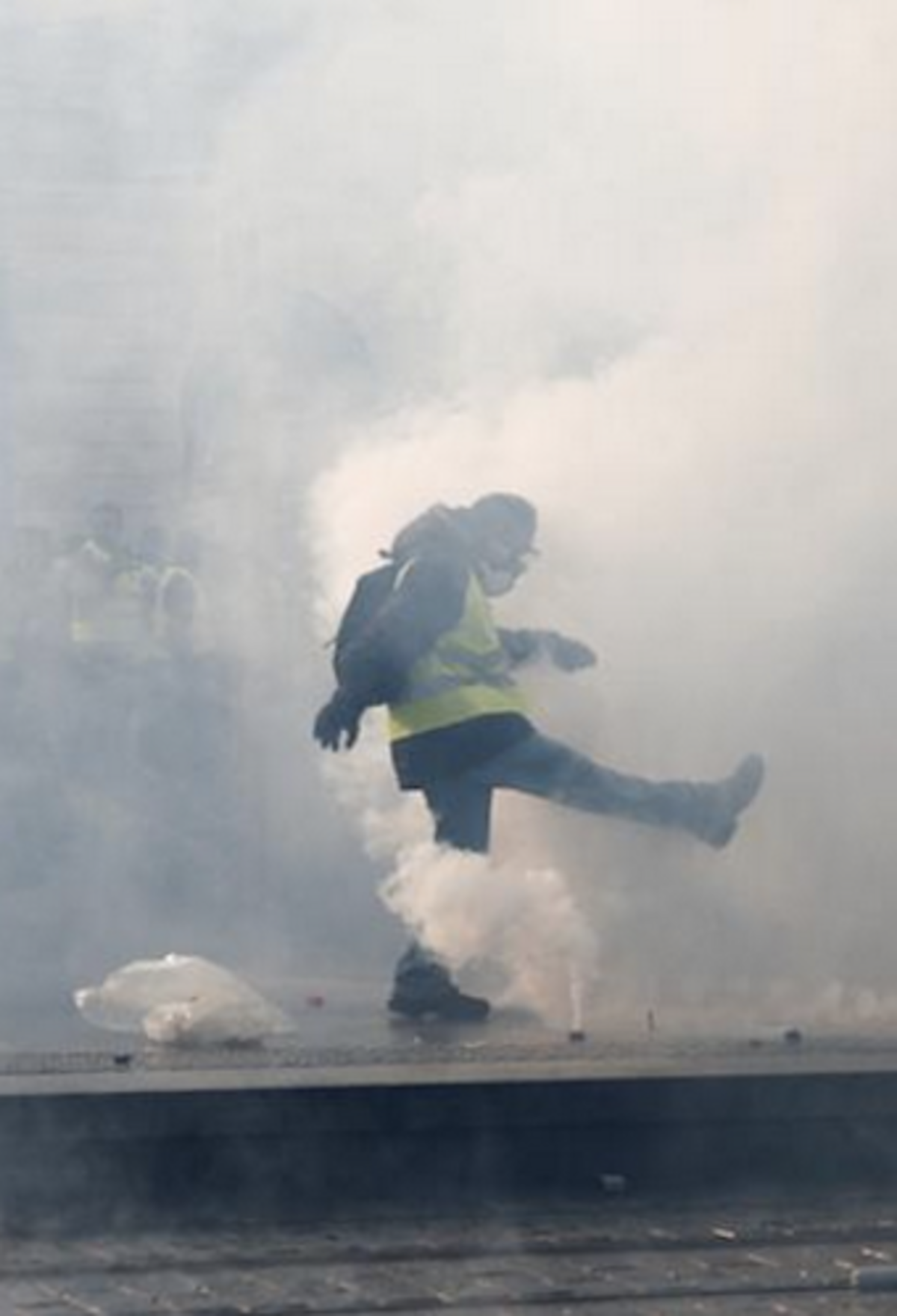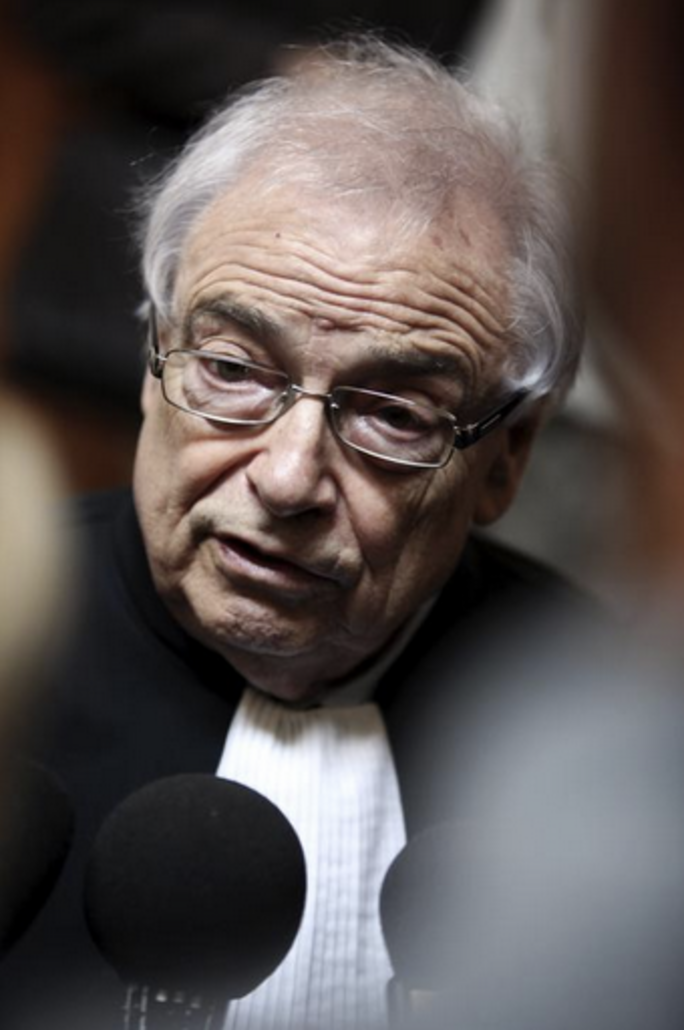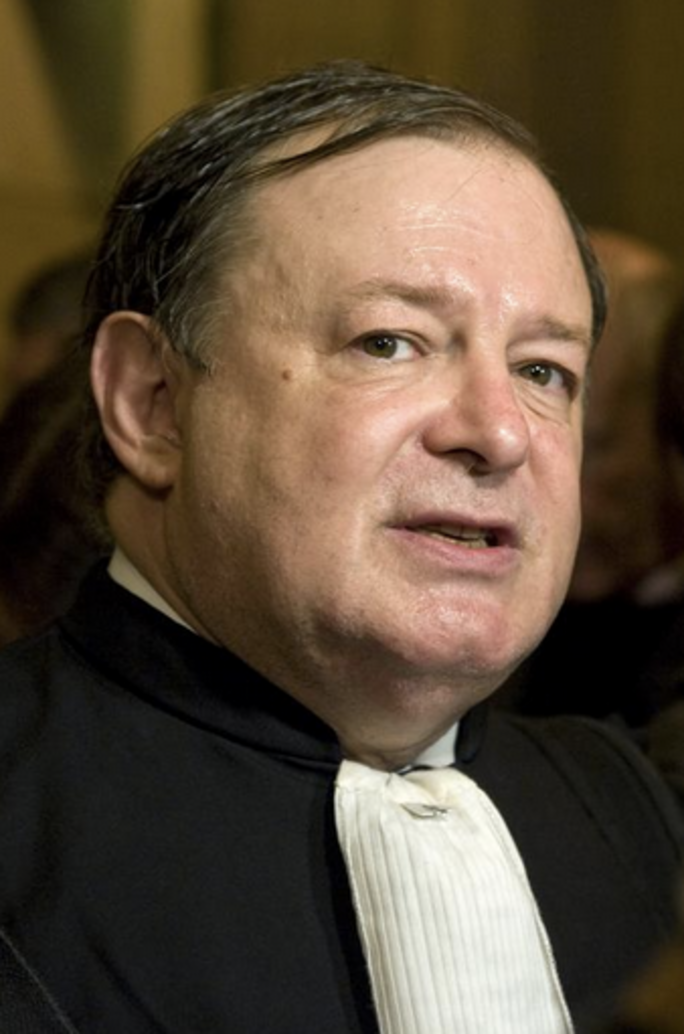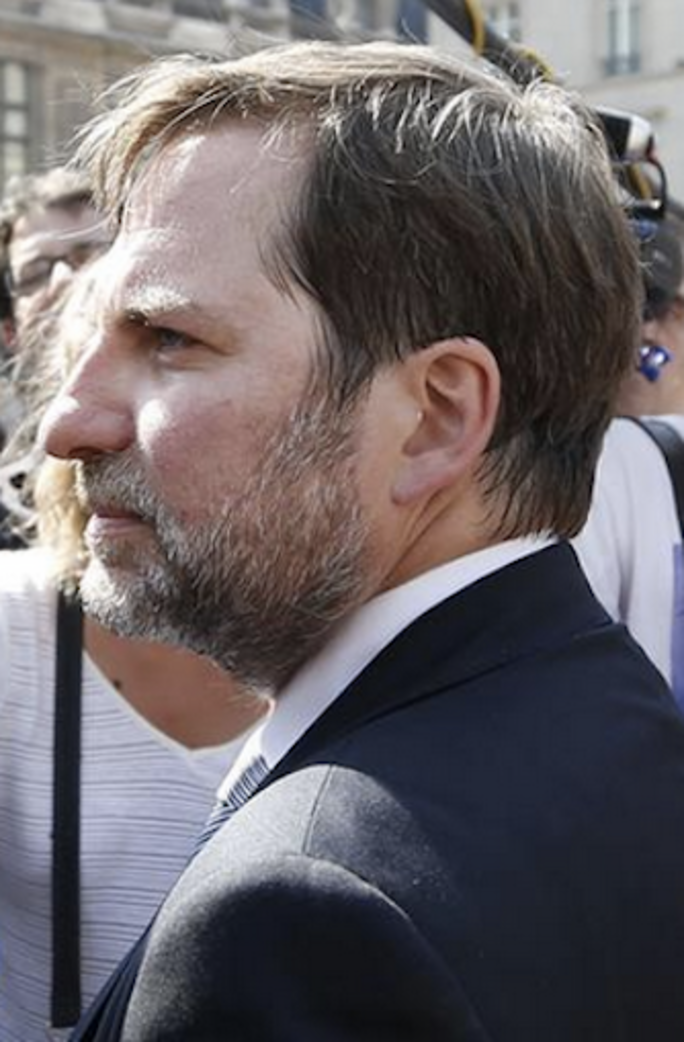It was a cry of alarm that resonated far beyond the walls of the National Assembly. It came on Wednesday January 30th 2019, as members of the French Parliament's lower house were debating the government's planned law on the prevention and punishment of violence during demonstrations, otherwise and better known as the “anti-rioters” law. The centrist MP Charles de Courson suddenly expressed out loud what many, including people in the ruling La République en Marche (LREM), have been thinking.
“Wake up dear colleagues! The day when you have a different government, you will see, when you have the extreme right in power, you will see that it's madness to vote for this!” he said, referring to article 2 of the text which allows demonstrations to be banned by a decree from a prefect or local state official. It was also as a result of this particular article that the LREM MP Aurélien Taché told the Journal du Dimanche that he would not vote for the bill “in its current state”. The two MPs are not the only ones to be worried about the measures that feature in a bill which was first drawn up by the Right in the French Senate in the autumn of 2018 before being hastily adopted by the government under prime minister Édouard Philippe.

Beyond the world of politics the defenders of civil liberties and individual rights have also attacked what they see as yet another legislative knee-jerk reaction which will restrict the right to demonstrate, a right which stems from Article 10 of the Declaration of the Rights of Man on the freedom of opinion. In its observations on the bill January 29th, France's human rights consultative commission the Commission Nationale Consultative des Droits de l'Homme (CNCDH) also warned about the risks inherent in the planned legislation.
“If the objective is to ban 'rioters' from demonstrating, the judicial arsenal already exists and deals with that,” said the organisation, pointing out article by article all the many deficiencies in the bill. It then concluded that “the public authorities will not be able to further restrain the freedom to demonstrate, which is already heavily supervised, without harming one of the pillars of a living democracy”. So far these observations have led to no changes. And despite the criticisms that the bill has received it was due to be voted through some time on Tuesday February 5th.
Yet the opposition is not simply along party political lines. Indeed the criticism has sometimes come from figures who, on other issues, support Emanuel Macron. Yet since the start of his presidency such voices have never been heard, as shown by the way the autumn 2017 law on security and reinforcing the fight against terrorism was adopted. This transferred into common law the main measures that had been in the state of emergency legislation that had been in force in France after a string of terrorist attacks. At that time groups defending human rights and experts at the United Nations were already warning – in vain – about the dangers of such a move.
Lawyer François Sureau, who is in regular contact with the president, regards this planned “anti-rioter” law as “a more important turning point than the law on coming out of the state of emergency”, in other words the autumn 2017 law. He told Mediapart: “In essence, infringing principles to fight against terrorism, that's understandable because terrorism threatens the society of freedom. I don't subscribe to this position but it's understandable.” François Sureau continues: “But to attack the right to demonstrate by submitting it to a priori administrative control is to attack freedom itself. If there are rioters let the common law pursue them.”
The lawyer adds: “To reduce public freedoms for the reason that some will make bad use of them is to go down an extremely slippery slope. A day will come when one will have the same reasoning in relation to the freedom of association or the freedom of the press. Ultimately, what situation what do we want to bring in? One where a licence to demonstrate will only be agreed for very well-groomed demonstrators accepted by the police prefect [editor's note, the official in charge of the police in Paris]?”
François Sureau believes that behind these questions, the issue at stake is the “existence of the free citizen, who must never be able to be intimidated a priori by the government.” He concludes: “As for those who commit crimes, existing law already allows for them to be punished.”
This view is shared by other lawyers involved in the fight to defend fundamental freedoms and to whom Mediapart has spoken. All have tried to alert MPs as they prepared to vote on this bill. Here are their views:
- Henri Leclerc, lawyer and honorary president of the human rights league the Ligue des Droits de l'Homme

“The name that is commonly attributed by everyone to this law [editor's note, anti-rioter law] is in itself significant in the sense that it evokes the previous anti-rioter law of 1970 which was passed in the same circumstances: a slightly tense situation, in that case just after 1968 [editor's note, referring to the social revolt of May 1968].
Considered to be a law that destroyed freedoms, it was one of the first to be repealed by the Left when it came to power in 1981.
This new law is a public relations law. The interior minister [editor's note, Christophe Castaner] says it's not a law brought in because of particular circumstances. That's a lie. It's a law of circumstances in the sense that it has arrived in Parliament because of circumstances. The government did not bring it to the Assembly when it was adopted [by the Senate] in the autumn, speaking about the need for a delay in order to apply some 'wisdom'. Today that wisdom had disappeared.
Laws brought in to deal with special circumstances are always bad laws. Because one reflects over a law, it's not a ministerial decree. The most famous examples in this respect are the well-known laws known as the 'villainous laws' of 1893 and 1894, aimed at dealing with anarchist plots. Anarchy disappeared very quickly for reasons which had nothing to do with those laws, laws which themselves remained and which were then simply used to punish the entire workers movement during the 20th century.”
Jean-Pierre Mignard, lawyer, member of the LREM ruling party and of the National Consultative Ethics Committee

“The serious public order incidents involving the police stem above all from an error in the political understanding of the yellow vest movement, which one sought to marginalise. Yet this movement went far beyond even its own origin. This 'anti-rioters' law is a law dealing with particular circumstances. Once again we are making a law in an emergency, a law which, even in the opinion of the professionals, will be hard to use.
At the same time, I notice that there has been no serious work on the deficiencies in the existing legislative measures. We must always consider that it's the act, and the act itself, which must be punishable. Yet this law creates a crime of presumption of participation in a demonstration with a view to causing damage to property or committing violence against people.
Demonstrating is a fundamental freedom, like that of coming and going in freedom. Who does one want to ban from demonstrating? Is it people who have radical opinions? What is a radical opinion? An opinion remains an opinion whether it is radical, unpleasant or even unbearable. It doesn't cause physical violence to either people or property. It's down to the judge, and the judge alone, to enter into the realm of civil liberties and individual rights. This law isn't a legal measure it's a police measure. Parliamentarians should seriously reflect on it.”
Patrick Spinosi a lawyer who appears before the top administrative body the Conseil d'État and the top criminal appeal court the Cour de Cassation

“I think we're seeing a very dangerous shift at this time. We've entered into a logic based on exception, by getting our society used to a certain number of measures that harm our freedoms during the nearly two years that the state of emergency lasted. In particular this involves administrative police measures which tend to move aside the [role of the] judge by giving more and more power to police forces and to the Ministry of the Interior to control and secure the public arena.
Today the government and police forces are in the process of re-employing the same mechanisms to maintain public order, no longer in respect of terrorists but in respect of whose who cause a disturbance or who appear as if they are trouble makers. You can indeed see how an exception, once it has been put in our law, spreads and ends up becoming the rule.”
----------------------------------------------------------------------------------------------
- This is an abridged story of the French version which can be found here.
English version by Michael Streeter


